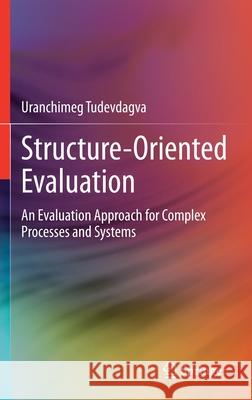Structure-Oriented Evaluation: An Evaluation Approach for Complex Processes and Systems » książka
topmenu
Structure-Oriented Evaluation: An Evaluation Approach for Complex Processes and Systems
ISBN-13: 9783030448059 / Angielski / Twarda / 2020 / 92 str.
Structure-Oriented Evaluation: An Evaluation Approach for Complex Processes and Systems
ISBN-13: 9783030448059 / Angielski / Twarda / 2020 / 92 str.
cena 321,26
(netto: 305,96 VAT: 5%)
Najniższa cena z 30 dni: 308,41
(netto: 305,96 VAT: 5%)
Najniższa cena z 30 dni: 308,41
Termin realizacji zamówienia:
ok. 22 dni roboczych.
ok. 22 dni roboczych.
Darmowa dostawa!
Kategorie:
Kategorie BISAC:
Wydawca:
Springer
Język:
Angielski
ISBN-13:
9783030448059
Rok wydania:
2020
Wydanie:
2020
Ilość stron:
92
Waga:
0.32 kg
Wymiary:
23.39 x 15.6 x 0.79
Oprawa:
Twarda
Wolumenów:
01
Dodatkowe informacje:
Wydanie ilustrowane











